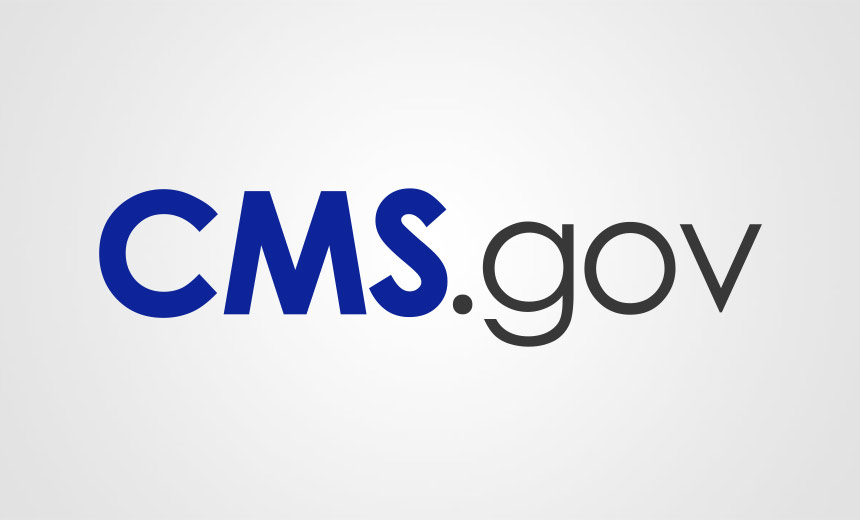Artificial Intelligence & Machine Learning
,
Government
,
Healthcare
Provision Emphasizes Existing Medicare Regs for Equitable Access to Health Services

The Centers for Medicare and Medicaid Services has issued proposed “guard rails” to help ensure that the use of artificial intelligence for Medicare Advantage insurance plans does not result in inequitable access to healthcare-related services.
See Also: Maximizing data utility in mission delivery, citizen services, and education
The AI provision, which is part of a larger proposed rule for “technical changes” to Medicare Advantage programs for 2026, specifies that AI or automated systems “must be used in a manner that preserves equitable access” to Medicare Advantage services, and that insurers must “remove unnecessary barriers to care stemming from the use of inappropriate prior authorization by clarifying requirements for plan use of internal coverage criteria.”
The proposal comes in support of an October 2023 Biden administration executive order that directs agencies to ensure that AI tools do not impede the advancement of equity and civil rights, and that the use of AI within healthcare organizations “does not deny equal opportunity and justice for the American people,” CMS said in a fact sheet (see: Biden’s Executive Order on AI: What’s in it For Healthcare?).
“Given the growing use of AI within the healthcare sector, we believe it is necessary to ensure that the use of AI does not result in inequitable treatment, bias – or both – within the healthcare system, and instead is used to promote equitable access to care and culturally competent care for all enrollees,” the provision says.
The use of AI by some Medicare Advantage plans is already under scrutiny. For example, the estates of two deceased UnitedHealthcare Medicare Advantage policyholders last year filed a proposed federal class action lawsuit alleging the insurance company is using an AI tool to illegally deny necessary coverage for post-acute care, including skilled nursing and home healthcare, to elderly plan members (see: Lawsuit: Health Insurer’s AI Tool Illegally Denies Claims).
Rather than making brand new requirements, the CMS proposal emphasizes mandates that are already part of existing Medicare Advantage regulations.
“We are not proposing any regulatory modifications to these requirements, as these existing requirements already apply to MA plans if they use AI or automated systems,” the proposal says.
Instead, CMS said it reiterates that in the event that an Medicare Advantage plan uses AI or automated systems, it must comply with regulations that prohibit an Medicare Advantage organization “from denying, limiting or conditioning the coverage or furnishing of benefits to individuals eligible to enroll in an MA plan offered by the organization on the basis of any factor that is related to health status.”
As the healthcare system evolves and uses new and emerging AI tools, CMS said it “feel[s] the need to clarify that these tools, including but not limited to, machine learning, patient care decision support tools, and/or other algorithmic tools, must not violate CMS rules.”
If Medicare Advantage organizations use these AI tools or automated systems in any manner, “it is their responsibility to ensure that the usage of such tools complies with all existing Medicare policies, including, but not limited to, providing culturally competent care to all enrollees in a non-discriminatory manner.”
The proposed rule is slated to be published in the Federal Register on Dec. 10.
But once President Donald Trump takes office on Jan. 20, 2025, it will be up to the new administration to decide whether to revoke Biden’s executive orders and other pending regulations and proposed rules.
